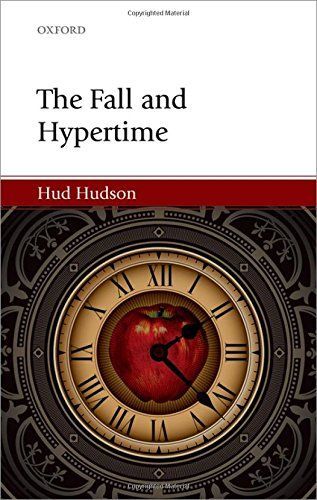
The Fall and Hypertime
Frequently, alleged irreconcilable conflicts between science and religion are instead misdescribed battles concerning negotiable philosophical assumptions--conflicts between metaphysics and metaphysics. Hud Hudson provides a two-stage illustration of this claim with respect to the putative inconsistency between the doctrines of The Fall and Original Sin and the deliverances of contemporary science. The tension in question emerges through a study of the manyforms the religious doctrines have assumed over the centuries and through a review of some well-established scientific lessons on the origin and history of the universe and of human persons. Hudsonarticulates a version of moderate realism about The Fall and Original Sin, and establishes it to be consistent with contemporary science and suitable to play a crucial role in the theist's confrontation with the Problem of Evil. Then he defends a Hypertime Hypothesis (a species of multiverse hypothesis), distinctive for positing a series of successive hypertimes, each of which hosts a spacetime block. After arguing that the Hypertime Hypothesis is a genuine epistemic possibility and criticallydiscussing its impact on a number of debates in metaphysics and philosophy of religion, Hudson reveals a strategy for unabashed, extreme literalism concerning The Fall and Original Sin whichnevertheless has the extraordinary and delightful feature of being thoroughly consistent with the reigning scientific orthodoxy.